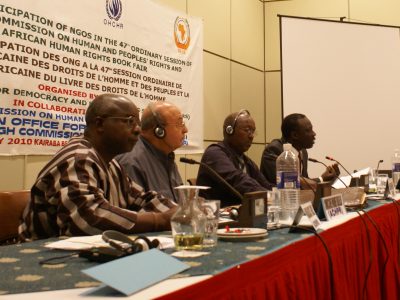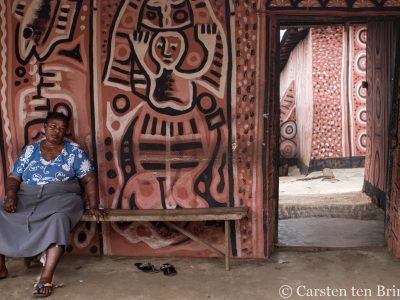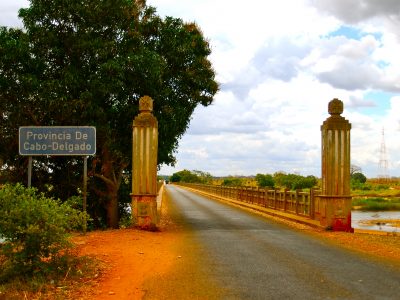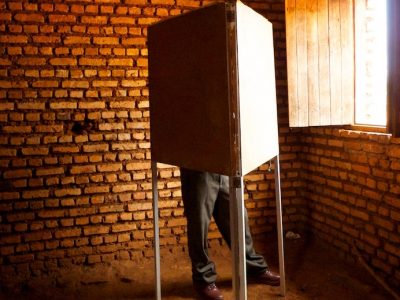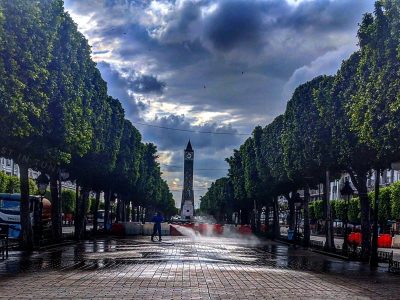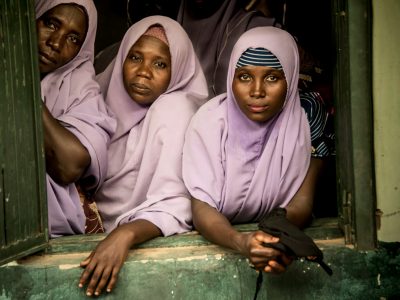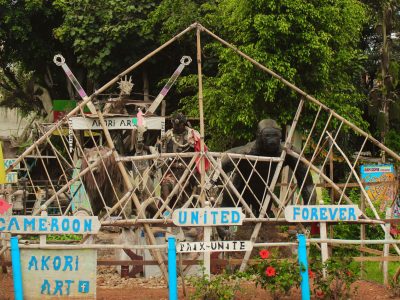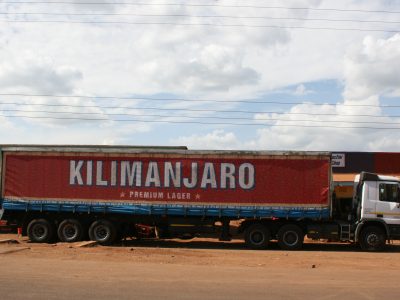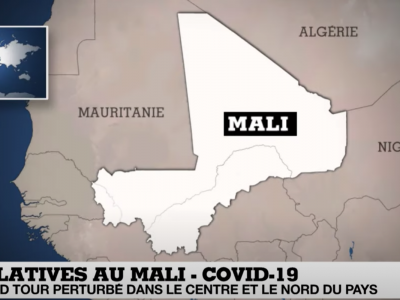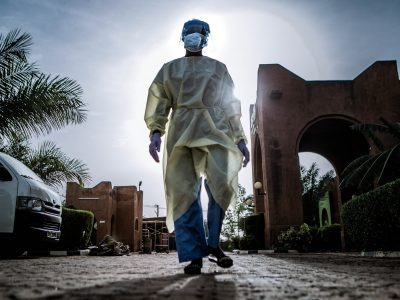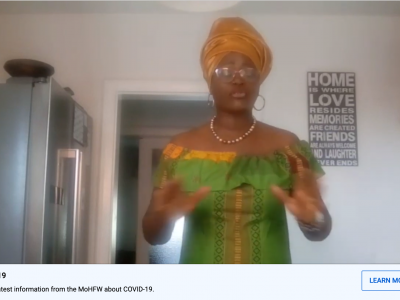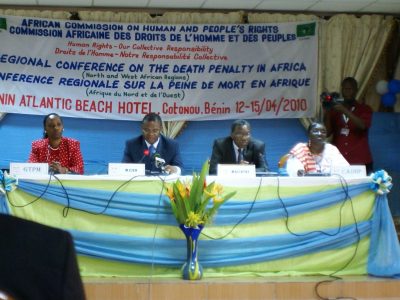Stories about Sub-Saharan Africa from May, 2020
Quarantine debates in Zanzibar conjure memories of colonial racial segregation
In light of Zanzibar’s complex history of racial segregation in the name of public health, social distancing and quarantine measures have been controversial in the fight against COVID-19.
Côte d'Ivoire withdraws from African Court on Human and People's Rights
On April 29, the spokesperson of the Ivorian Government, Sidi Touré, announced Côte d'Ivoire's decision to remove its recognition of the competence of African human rights court.
Mozambique revokes decree that imposed exorbitant fees on journalist accreditation
The fees, introduced in 2018, ranged between 30 and 500 thousand meticais (around 507 and 8,450 USD) and were mandatory for foreign correspondents and foreign and national freelance journalists working in Mozambique.
A Yorùbá language activist strives for linguistic diversity in digital spaces
Adéṣinà Ọmọ Yoòbá, a Nigerian Yorùbá language and culture advocate, is keen to bridge the cultural and linguistic digital divide.
Southern African leaders meet to address urgent security threats in Mozambique
SADC states have been urged to support Mozambique’s government to fight against terrorists and armed groups attacking civilians and infrastructure in Cabo Delgado Province.
How identity-driven conflicts fuel Ethiopia's incendiary social media rhetoric
Unity Park aimed to tell the story of all Ethiopians and celebrate the country’s diversity. But social media revealed politicized, nationalistic reactions along ethnic lines: Amhara and Oromo.
Burundi voted — but will the political situation change?
Burundians voted on May 20 for a new president, with official results expected next week. The new president will face pressing questions on international relations, media repression, inclusive economic policies and impunity.
From counterterrorism to counter-COVID-19, governments use crises to impose continuous states of emergency in the Middle East
Fighting terrorism used to be the umbrella under which states of emergency were justified in the Middle East. Now, COVID-19 serves as a new justification for sweeping powers.
Women in Nigeria face a caustic landmine of political advocacy online
“I’ve grown a really thick skin,” said Fakhriyyah Hashim, co-founder of the #ArewaMeToo movement in northern Nigeria.
How a football team from Cameroon’s conflict-stricken regions defied all odds to win a maiden national trophy
PWD Bamenda football team in Cameroon has been crowned champions in a season disrupted by the coronavirus and an ongoing separatist conflict.
Nigerian pastor spreads COVID-19 conspiracies and disinformation
Som Nigerian evangelical pastors act as purveyors of disinformation, half-truths and total falsehood about the coronavirus — with divine conviction.
Women journalists in Uganda carry ‘double burden’ with online attacks and harassment
Women journalists in Uganda carry the double burden of gender-based abuse online and potential threats related to political reporting. These threats have led women journalists to withdraw from public discourse.
Cameroon’s 3-year separatist crisis: Online threats, attacks on identity and freedom of expression
Journalists in Cameroon have to be very careful about reporting on atrocities related to the separatist conflict. Appearing to side with separatists or the government can lead to online attacks.
Truck drivers blamed for spread of COVID-19 in East Africa
Truck drivers in East Africa face an onslaught of new COVID-19 mandates and restrictions in borders towns — causing confusion, fear, endless traffic queues, protests and disrupted trade.
In Burundi, four journalists jailed for months await appeal
The four jailed journalists with Iwacu were accused of threatening state security on the basis of a WhatsApp message sent as a dry joke while reporting on a rebel attack.
Mali holds elections despite COVID-19 pandemic and terrorist threats
Mali's elections were held under unique circumstances: the ongoing threat of Islamist terrorism and governmental restrictions to stop the spread of COVID-19.
Amid COVID-19 pandemic in Niger, government violates whistleblowers’ freedom of speech
Today in Niger, freedom of demonstration, assembly and speech are endangered, flouted by the unelected administrative authorities of various municipalities in the country.
Promoting coronavirus education through indigenous languages
A new online initiative called virALLanguages is helping speakers of indigenous, minority, endangered and other marginalized languages create informational videos on coronavirus in their own languages.
Benin's partial withdrawal from African Charter of Human Rights is a retreat from democracy
Benin drops 17 places in the 2020 World Press Freedom Index, following the withdrawal from a key document of the African Charter of Human and People's Rights.
Mozambique gets creative with handmade anti-virus gear
The government has advised people to make homemade masks using capulanas – a traditional Mozambican cloth generally worn by women – and other readily available materials.
COVID-19, locusts and floods: East Africa's triple dilemma
East Africa's "triple threat" — the coronavirus, locusts, and floods — are not mutually exclusive. In fact, each is inextricably linked.



